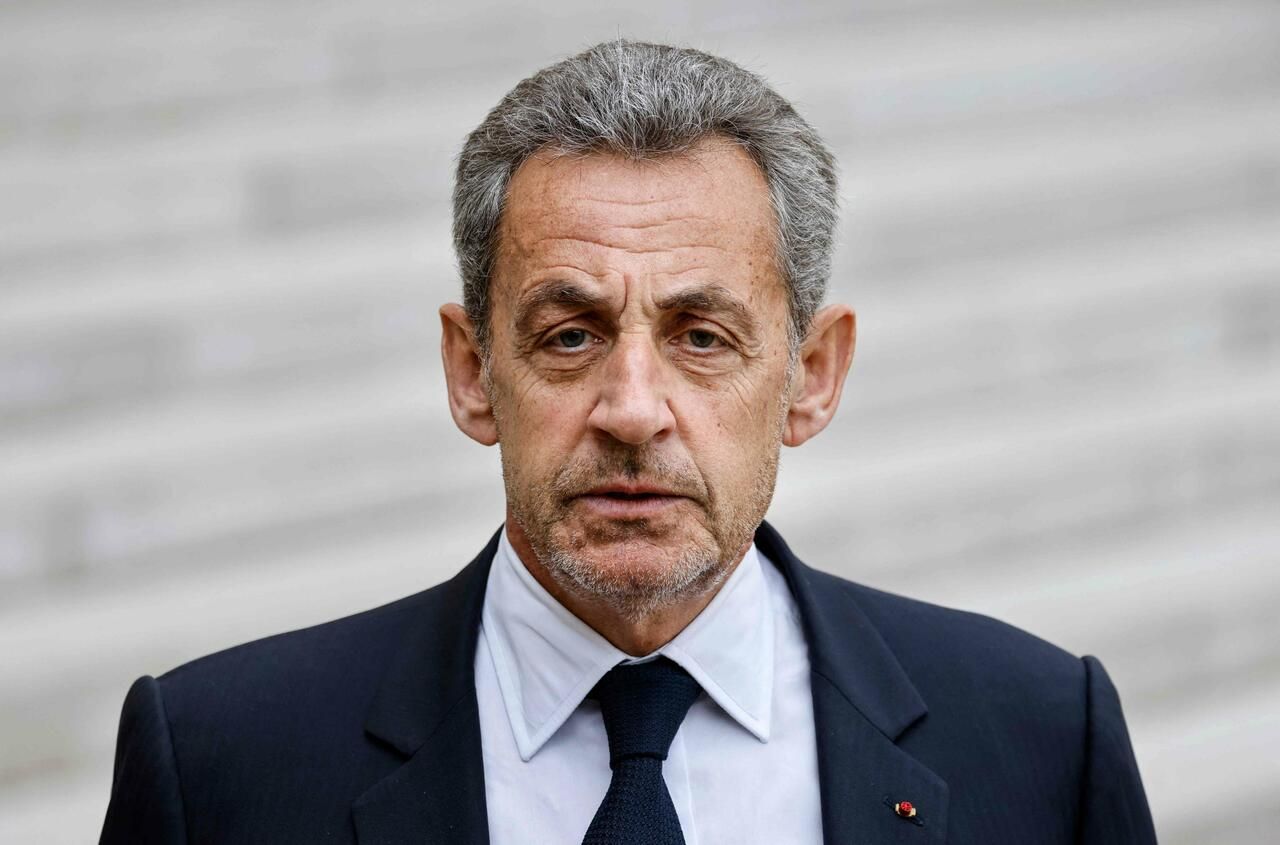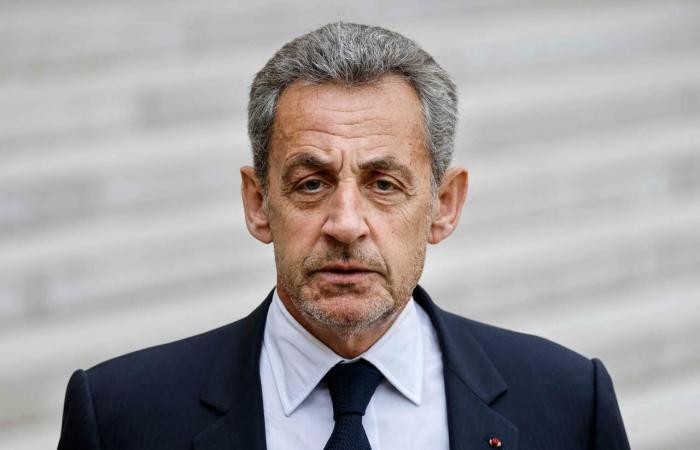The director’s point, every Monday
Sign up and receive news via email
Nicolas Sarkozythe former French president, was sentenced to 3 years in prison for corruption of a magistrate and influence peddling, one of which without parole, with the benefit of an electronic bracelet. That of Sarkozy, 69 years old, is an unprecedented sentence for a former French head of state.
France, Barnier forms the government with Macron’s loyalists: who are the 16 ministers and what is his (compromise) program
Sarkozy’s condemnation
The Court of Cassation rejected the appeal by Sarkozy’s lawyers against the final sentence on appeal. In a month’s time, Sarkozy should see the one-year sentence of limiting his freedom applied with the provision of an electronic bracelet for him. In fact, just in a month the former president he will turn 70 and will be able to ask not to serve the year of the electronic bracelet.

In the affair commonly known by the name of “Bismuth”, used by the former president for confidential contacts, Sarkozy was found guilty of having entered into, in 2014, together with his long-time lawyer, Thierry Herzog, a “corruption pact” with Gilbert Azibert, senior magistrate at the Court of Cassation, so that he could communicate information to him and try to influence the magistrates on an appeal by Sarkozy in another matter, that of the Bettencourt case.
This occurred in exchange for “a helping hand” promised to the judge for an honorary position in the principality of Monaco.
The three defendants have always denied wrongdoing, recalling that the influence peddling did not occur because the magistrate never obtained the desired protection.
The appeal to the European Court of Human Rights
The lawyers of Nicolas Sarkozy, who had his final appeal against his conviction rejected by the Court of Cassation in the case of influence peddling and magistrate corruption, have announced that their client “logically complies” with the final sentence. At the same time they announced an appeal to the European Court of Human Rights.
«The appeal to the European Court is explained by the fact that the jurisprudence of the Court itself is contrary to what was established today by the French Supreme Court, which rejected Nicolas Sarkozy’s appeal»: said Patrice Spinosi, lawyer of the former French president, sentenced to 3 years in prison. «It is the first time in France that a person has been convicted solely on the basis of telephone communications with his lawyer, which were intercepted. Wiretapping between a lawyer and his client cannot be used against the client himself, it is a rule that is part of fundamental freedoms and which justifies our appeal.”
© ALL RIGHTS RESERVED








